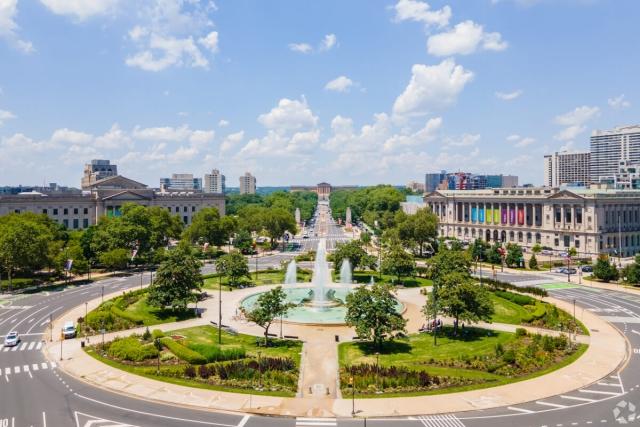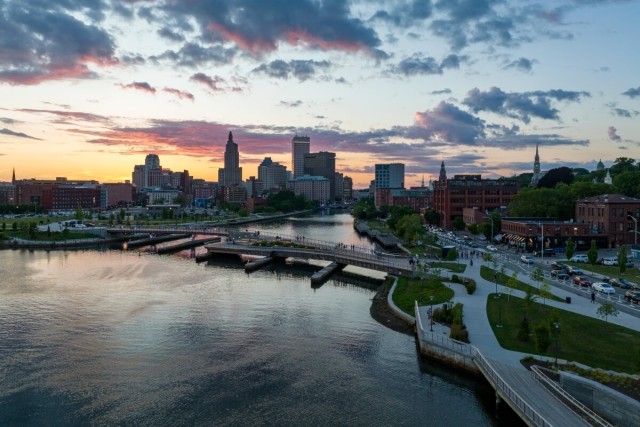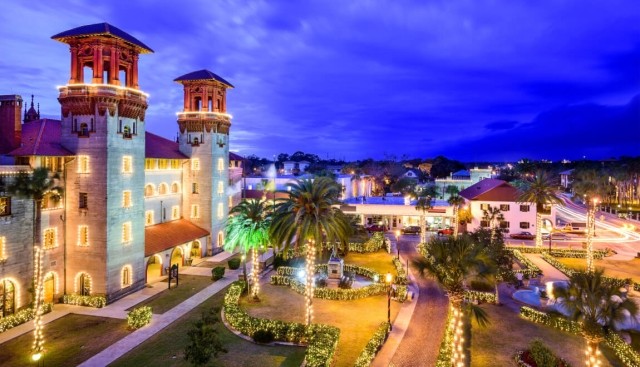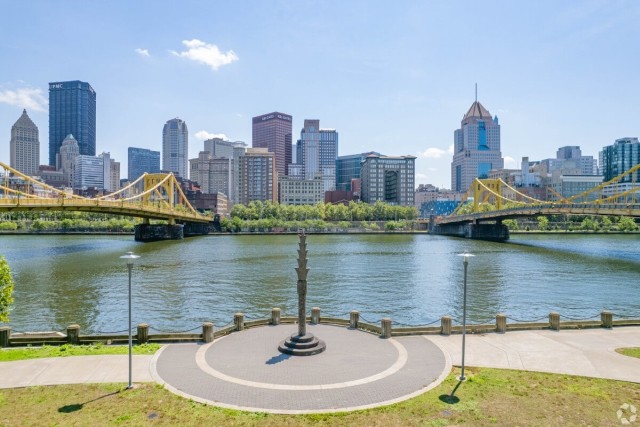What’s It Like to Live in Philadelphia?
Known as the City of Brotherly Love, Philadelphia, Pennsylvania, is a vibrant metropolis rich in history and culture. Famous for its historical landmarks, diverse food scene, and dynamic arts culture, Philadelphia offers something for everyone. The city's robust educational institutions, vibrant neighborhoods, and expanding job market make it an attractive place to live.
Facts to Know About Philadelphia

Founded in 1682, Philadelphia is known as the birthplace of America. The city’s strategic location in the middle of the American Colonies made it vital to trade in the New World and eventually the center of the American Revolution. Today, Philly is a diverse city where trendy restaurants exist alongside historic landmarks.
- Population: Approximately 1.6 million residents, according to the U.S. Census Bureau.
- Special landmarks: Independence Hall, Liberty Bell, Philadelphia Museum of Art, Elfreth’s Alley, Benjamin Franklin National Memorial.
- Historic implications: Philadelphia played a central role in American history as the site of the signing of the Declaration of Independence and the U.S. Constitution. The city’s Old City neighborhood is often called “America’s most historic mile.”
- Universities: Philadelphia is home to esteemed institutions like the University of Pennsylvania, Temple University, and Drexel University.
The Pros and Cons of Living in Philadelphia, PA
Moving cities is a big decision. Here are some pros and cons to consider when deciding whether to move to Philadelphia.
Pro: Public transportation
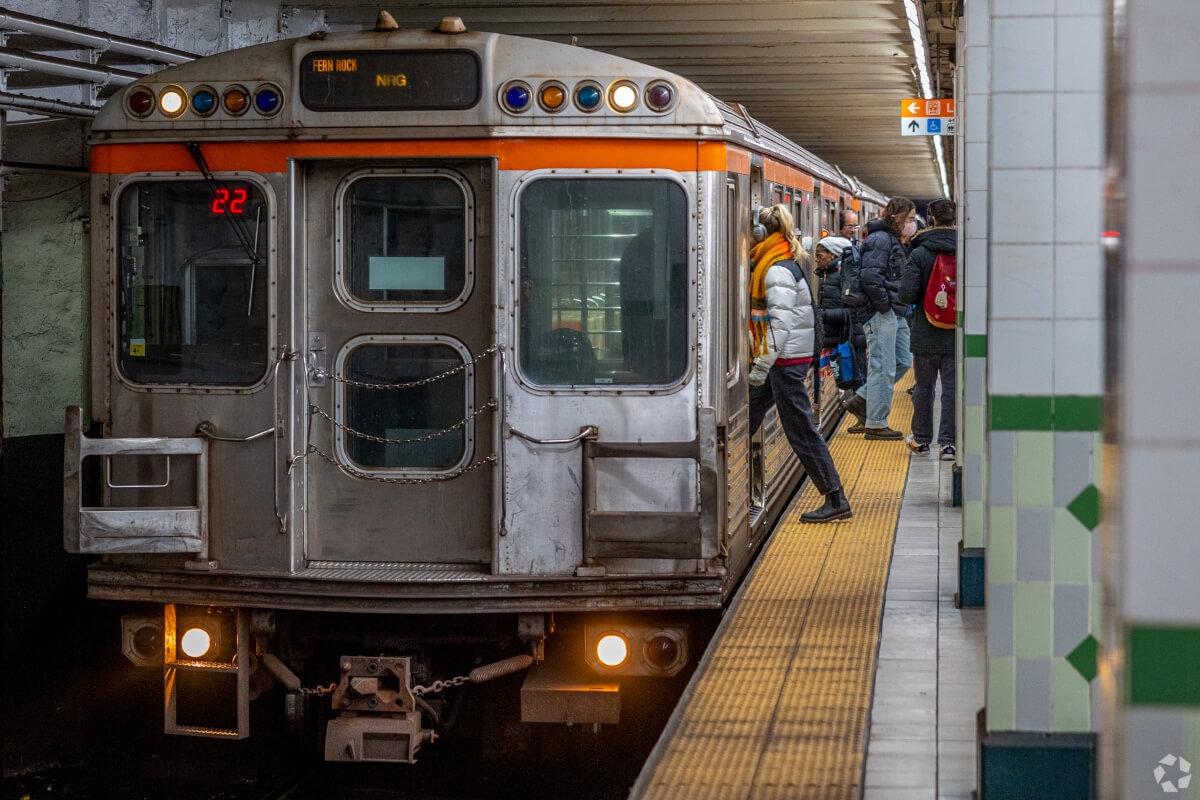
Philadelphia has an extensive public transportation system called SEPTA, including trolleys, buses, subways, and regional rails. SEPTA also includes the Customized Community Transportation (CCT) program, which serves senior citizens and citizens with disabilities.
Residents appreciate the accessibility of public transportation. One resident on Niche.com said, “The thing I like best about living in Philadelphia is the ability to get around with no car.”
Another resident said, “I like how Philadelphia is so easy to get around. Once you learn the SEPTA system, you can basically go anywhere!”
Philadelphia’s public transit is also affordable. According to Forbes, Pennsylvania is the seventh most economical state in terms of transportation costs.
Con: Weather extremes
Philadelphia is a great city to explore, but be prepared to keep every type of clothing on hand! The city experiences all four seasons, and sweltering summers and frigid winters are no exception.
According to the National Weather Service, Philadelphia saw average summer temperatures of 76.9 degrees Fahrenheit and average winter temperatures of 36.6 degrees Fahrenheit between 2000 and 2023. For comparison, the national average summer temperature between 2000 and 2023 was 70.3 degrees Fahrenheit, according to Our World in Data, and the national average winter temperature was 29.3 degrees Fahrenheit.
One resident said, “The weather can be extreme, with the city sometimes experiencing both hot, humid summers and very cold winters.”
Pro: Active nightlife
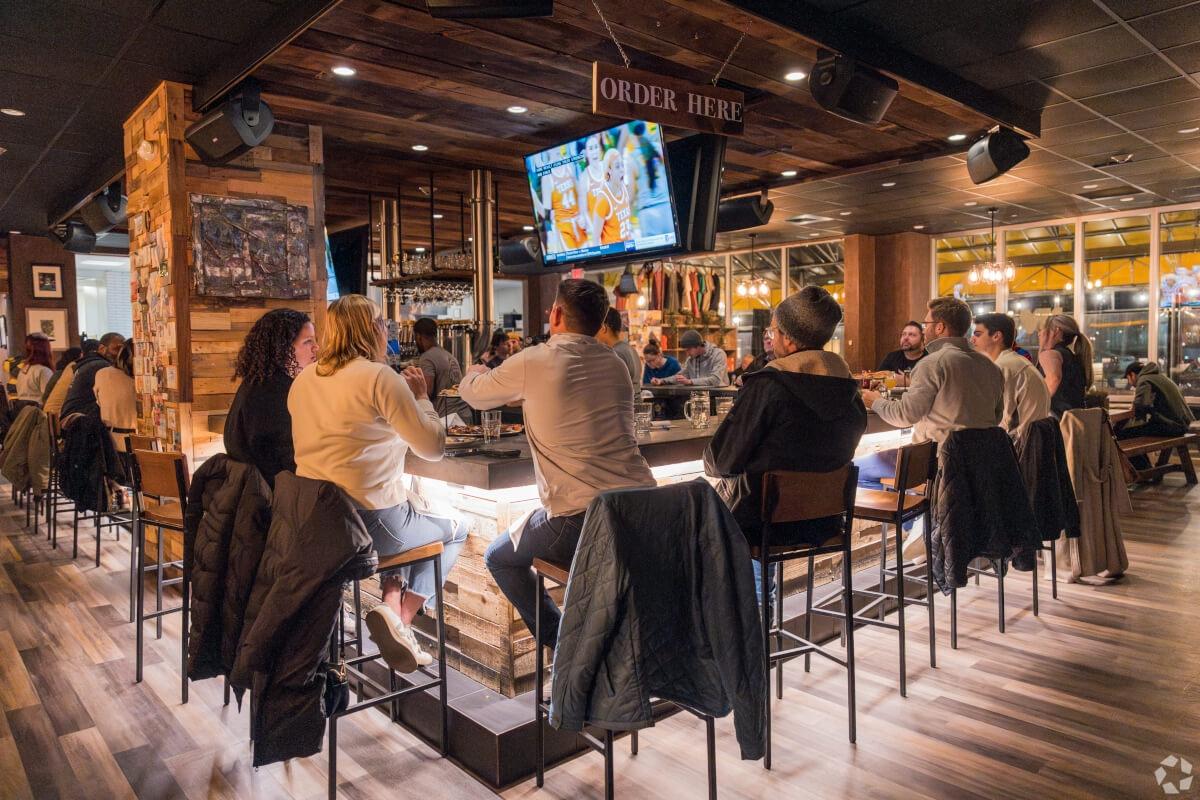
With cocktail bars, dive bars, and everything in between, Philadelphia has something for everyone. Pubs and nightclubs in Center City offer meeting spots for introverts and extroverts alike, conveniently located near the SEPTA Market-Frankford Line.
Con: High taxes
According to Nasdaq, Philadelphia has some of the highest wage taxes in the U.S. Residents pay a 3.75% flat-rate wage tax, and non-residents who work in Philadelphia pay a 3.44% flat-rate wage tax, according to the City of Philadelphia.
Although these flat-rate taxes mean that all residents or non-residents pay the same percentage of their salary, Forbes says that a common complaint about flat taxes is that they impact lower-income taxpayers differently than higher-income taxpayers.
Philadelphia also imposes a flat-rate property tax of about 1.4%. Like a flat-rate wage tax, a flat property tax means that property owners pay the same percentage of their property value, whether their property is worth $100,000 or $100,000,000.
Residents complain about the burden the city’s taxes put on both residents and non-residents: “Great job opportunities in Philly, but the city tax sucks.”
Pro: Great neighborhoods
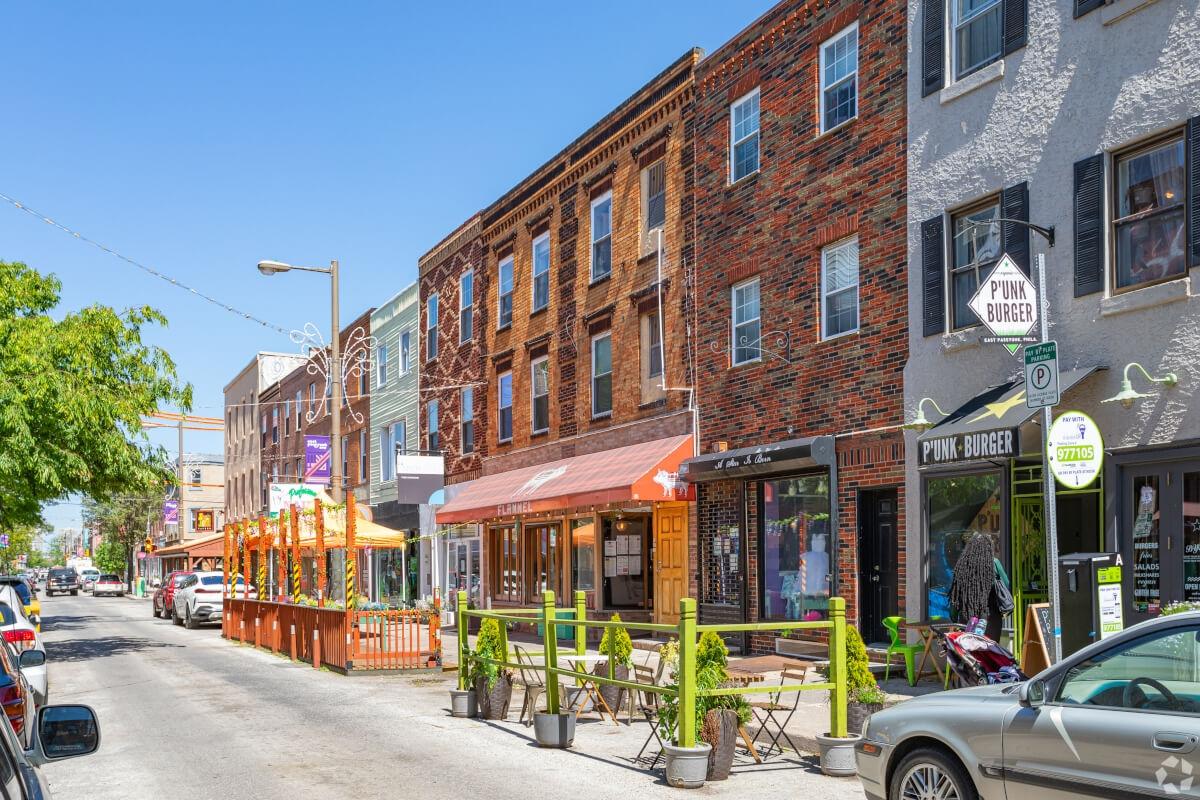
Philadelphia neighborhoods are known for their historic streets and industrial architecture. Places to live in Philadelphia offer renters a trendy, urban environment balanced by a rich history.
Three popular neighborhoods in Philadelphia are:
- Callowhill: An artsy, up-and-coming area neighboring Center City.
- Queen Village-Pennsport: A colorful historic district along the Delaware River.
- Bella Vista-Southwark: A culturally rich neighborhood known for the South 9th Street Italian Market.
Con: Old infrastructure
Philadelphia’s historic streets are made from granite blocks, wood blocks, and brick, according to the Department of Streets’ 2014 Historic Streets Assessment Report, and many require consistent upkeep. These historic streets can limit parking availability and the number of drivable streets, leading to traffic and parking frustrations among residents.
One resident said, “I hate the parking situation; there is absolutely no parking ever.”
Another resident said, “The streets are narrow, and there is a lack of parking spots.”
However, Philadelphia is working toward enhancing the infrastructure. In a recent press release, the City of Philadelphia Department of Streets announced a schedule for paving non-historic streets in the 1st and 4th Highway Districts. The Department of Streets resurfaced streets in the 1st, 2nd, 3rd, and 4th Highway Districts in September 2024 to address resident concerns about potholes and cracked pavement.
Pro: Great sports teams
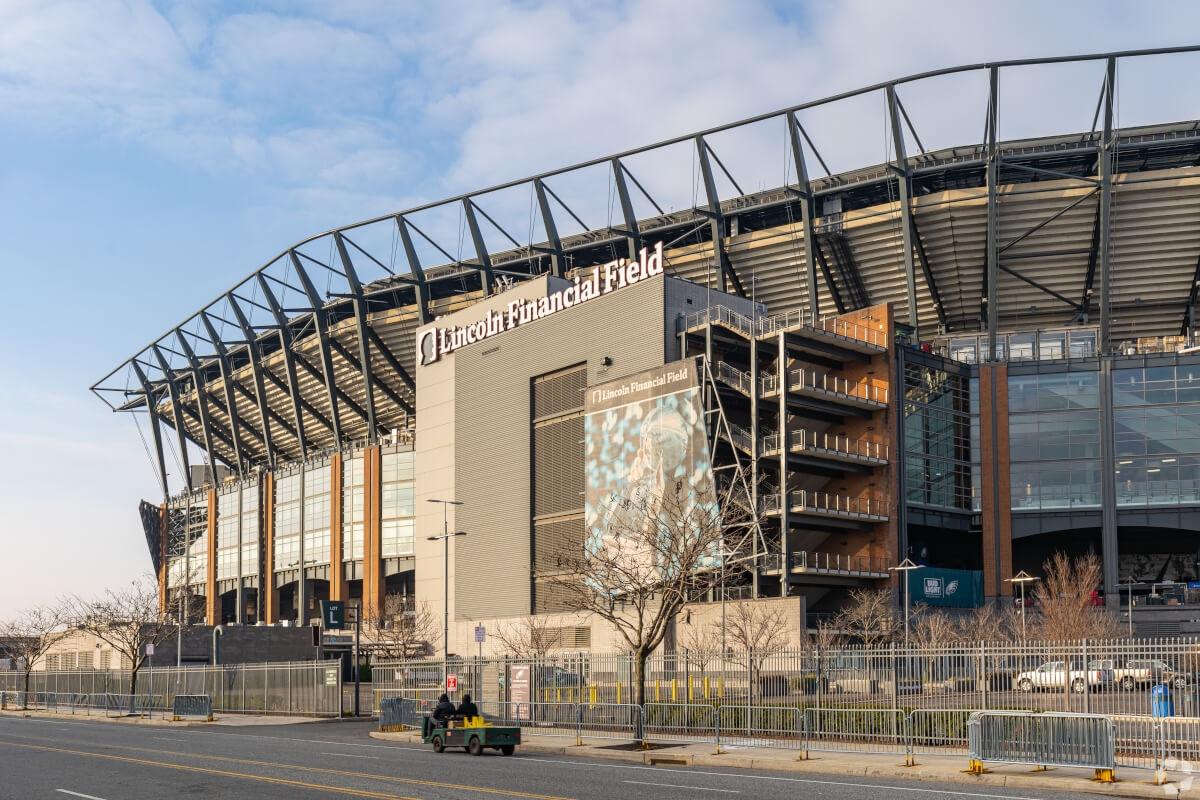
Philadelphia is a sports lover’s dream, with chants of “Fly, Eagles Fly” echoing throughout the city during football season. See the Eagles (NFL) play at Lincoln Financial Field, the Phillies (MLB) at Citizens Bank Park, and the 76ers (NBA) at the Wells Fargo Center.
At the end of the 2023-24 NBA season, the Philadelphia 76ers ranked #14 out of 30 teams. The 76ers are currently ranked #2 out of 15 teams in the Eastern Conference a quarter of the way through the NBA preseason.
The Philadelphia Eagles took home their first Super Bowl trophy in 2018 in a win against the New England Patriots. In 2023, the Eagles lost against the Kansas City Chiefs in Super Bowl LVII. The Philadelphia Eagles are currently ranked #11 out of 32 going into NFL Week 6.
The Philadelphia Phillies are ranked #2 in the National League and #2 overall, automatically qualifying for the playoffs. The first game of the World Series is scheduled for Friday, Oct. 24.
Residents enjoy the sense of community the city’s sports add. One resident said, “I love that the city comes together when the sports teams have a game, especially the Phillies and the Eagles.”
Things to Do in Philadelphia
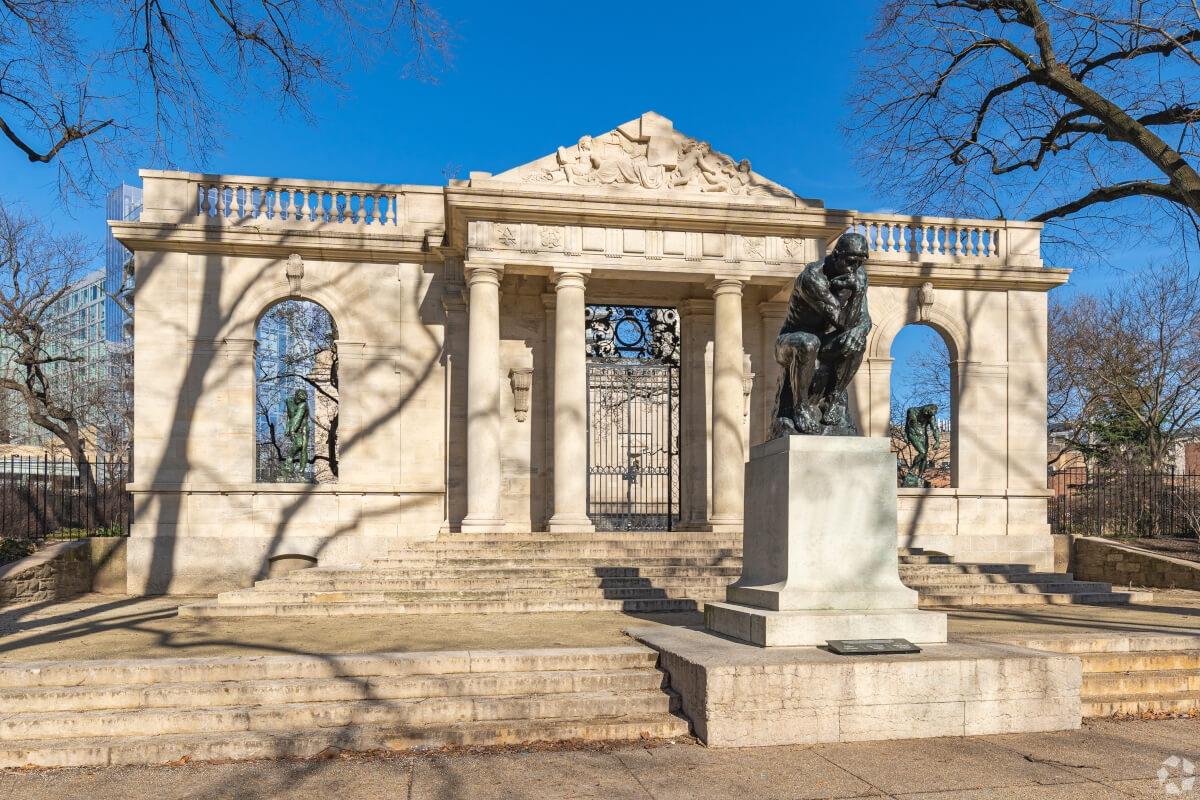
Philadelphia is a city that never runs out of activities. Whether you're interested in history, food, or outdoor adventures, there's something for you.
- Outdoor activities: Explore the expansive Fairmount Park, enjoy the scenic Schuylkill River Trail, or take a stroll along the Delaware River Waterfront.
- Cultural attractions: Visit the Franklin Institute for a science exhibit, see Auguste Rodin’s sculptures at the Rodin Museum, catch a show at the Kimmel Center, or explore local vendors at the Reading Terminal Market.
- Dining: Philadelphia’s food scene is as diverse as its population. From its iconic Philly cheesesteaks to high-end dining from around the globe, the city boasts a variety of culinary experiences.
Ready to make the move?
If Philadelphia has caught your eye, take the next step with Apartments.com! Take a look at the most affordable places to live in Philadelphia, or use our customizable filters to narrow your search by price, amenities, and floor plan.
Wherever you are and wherever you’re going, Apartments.com has the tools to help you find the perfect place.
This article was originally published on October 8, 2024, and has been updated to reflect apartment rent and cost of living data as of December 2025.
FAQs
Is Philadelphia a good place to live?
Philadelphia is a great place to live for those who want to live in an urban area with a rich culture and history. The city’s diverse population makes for an equally diverse dining selection, and residents have the unique opportunity to live in historic buildings while enjoying modern entertainment at Reading Terminal Market, Lincoln Financial Field, Citizens Bank Park, and numerous museums. Most of the city is walkable and well-connected by public transportation, allowing residents to explore Philly without a car.
One resident put it perfectly: “It's like New York's cool cousin, offering all the excitement at a more wallet-friendly price and without the overwhelming crowds.”
What salary do you need to live in Philadelphia?
According to our cost of living data, a comfortable salary for a single adult with no dependents to cover housing, utilities, groceries, and goods and services in Philadelphia would be around $86,000 before tax.


